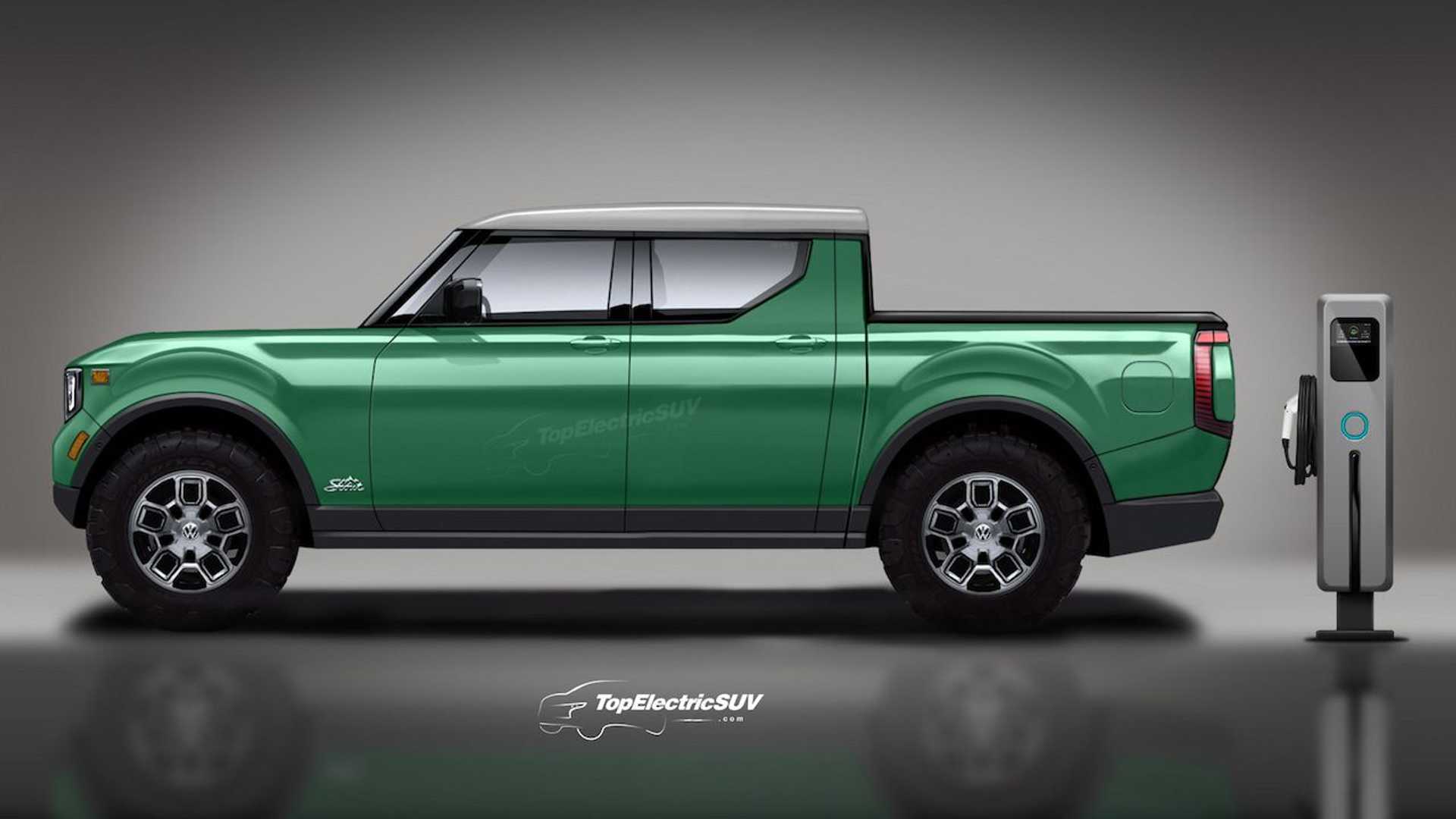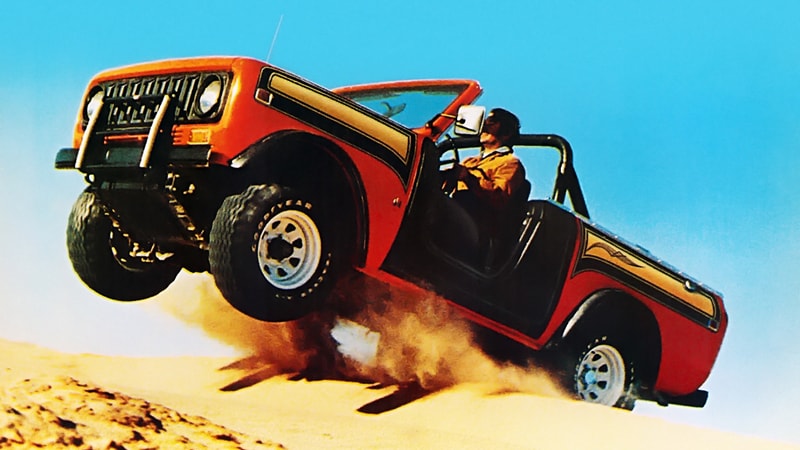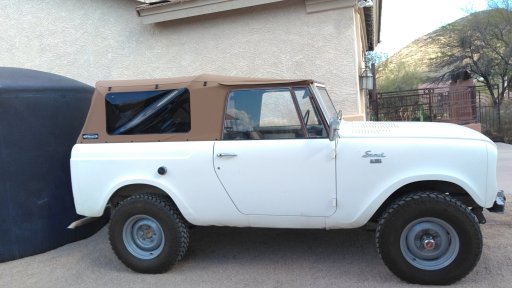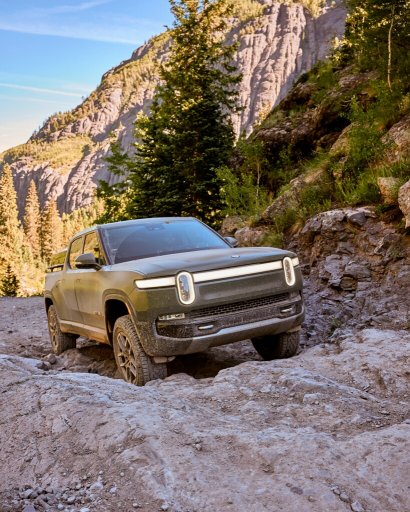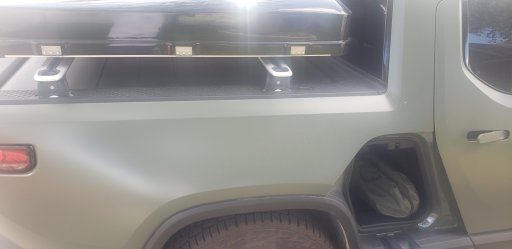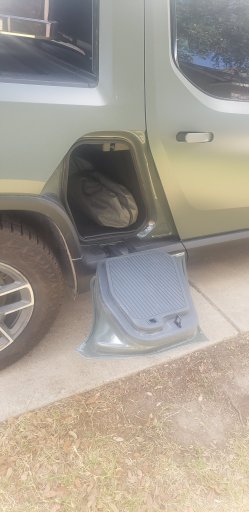
Advocate I
Yes, I read your entire post. To answer your question: No, I don't expect a huge step-change in electric drivetrain efficiency. To be clear, I am specifically referring to the power use of the drivetrain, not storage. The first electric cars in the US were built in the 1890s. Electric motors have been heavily used in all sorts of industries for well over a century, just like ICE. In fact, nearly every train you've ever seen moving around the country (or world) are driven by electric motors, and have been for decades and decades. There has been just as much incentive to improve electric motor efficiency for just as long (or longer) than ICE. I am not saying we won't see *some* improvement in electric motor efficiency, but I am saying it won't be drastic. The other biggest factors for power use will be aero, where I don't think there is any room for transformative change and weight (which matters much less rolling at a sustained speed, but certainly still impactful for "Overlanding" type driving). With battery tech there might be some room for improvement in weight. Now, I certainly could be wrong, and somebody will come up with a propulsion system outside of anything we know or understand. But that will be a new thing, not an improvement to EVs. Storage density is the thing that *could* make self-sustained EV Overlanding possible, not solar or electric motor improvements.Did you actually read my second sentence? Your mathematical argument is sound, based upon current technology, ( pun intended) The ICE is twice as efficient as it was 50 years ago. You don’t think that EVs will become more efficient and increase their MPWatts?
-TJ


